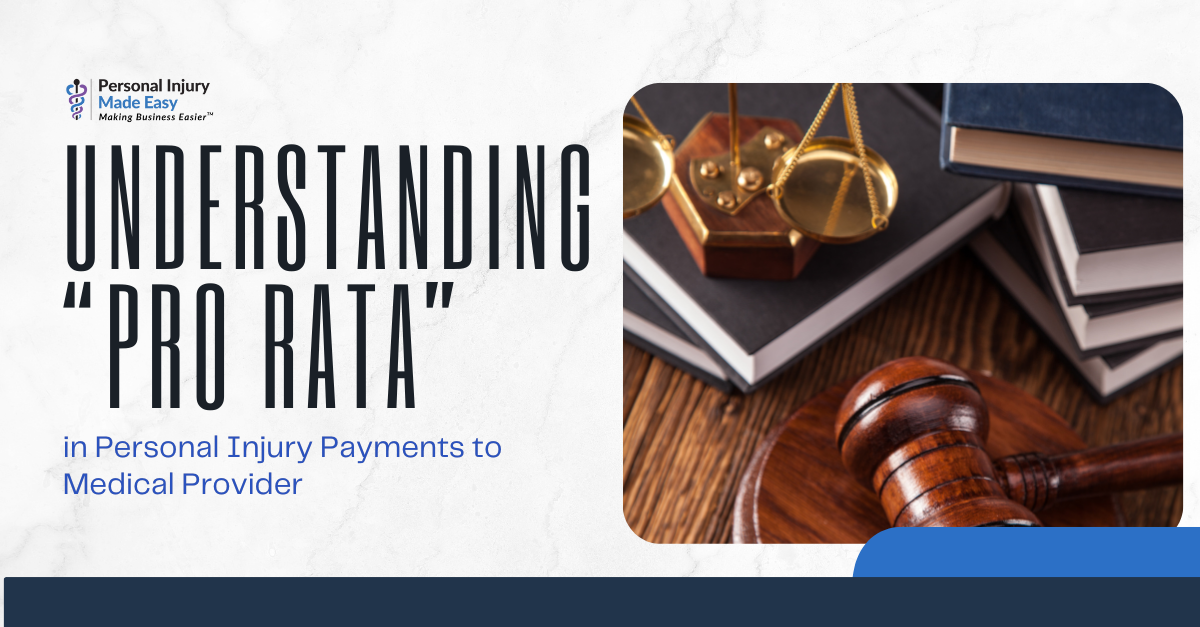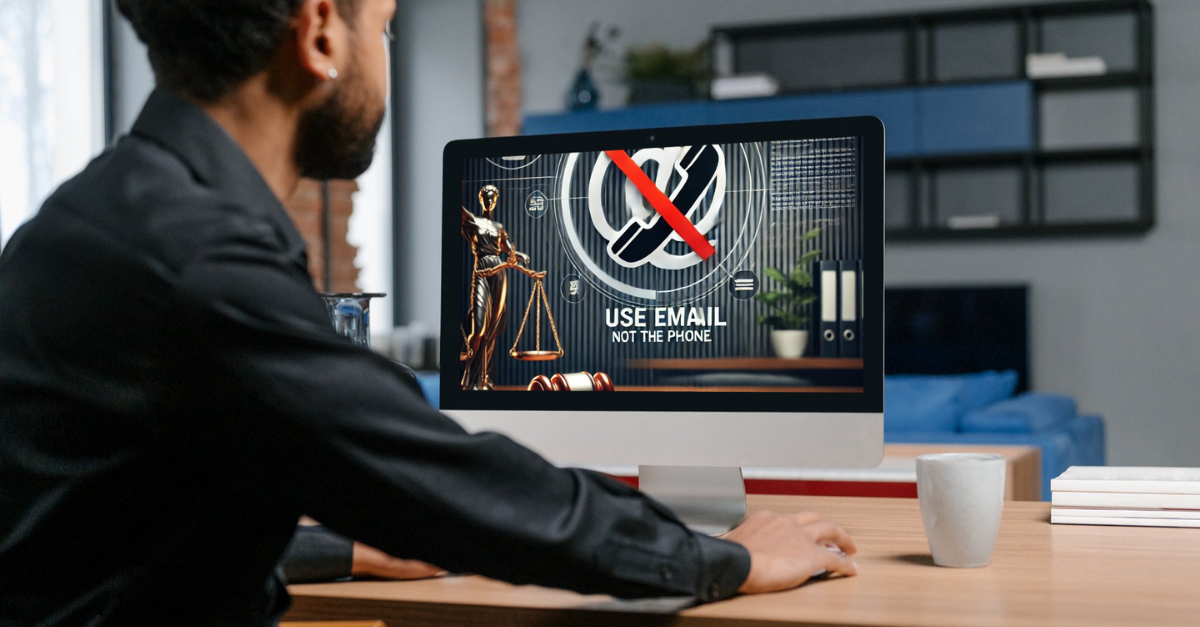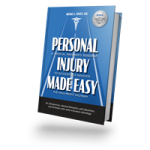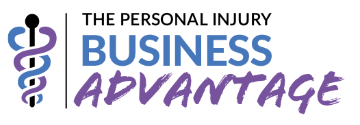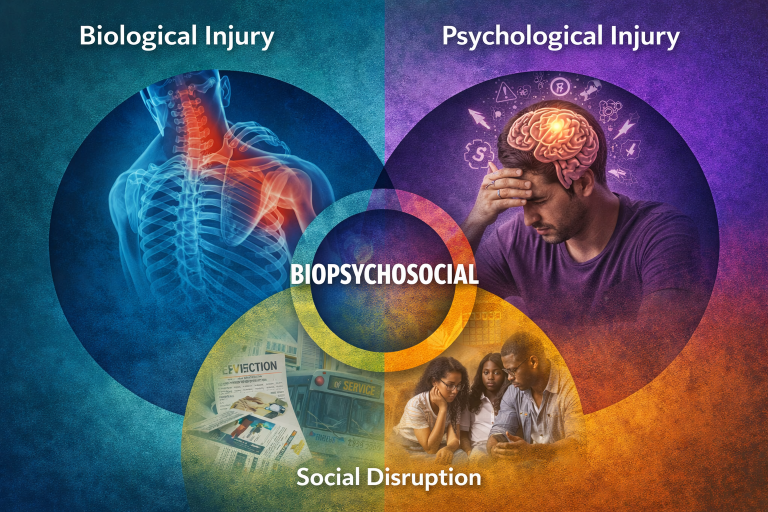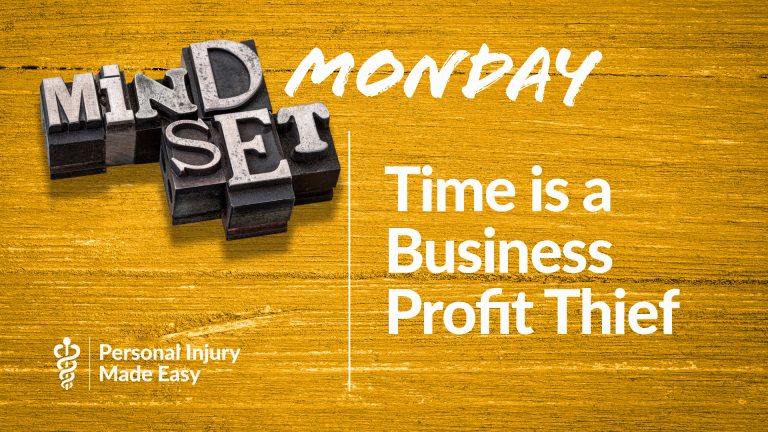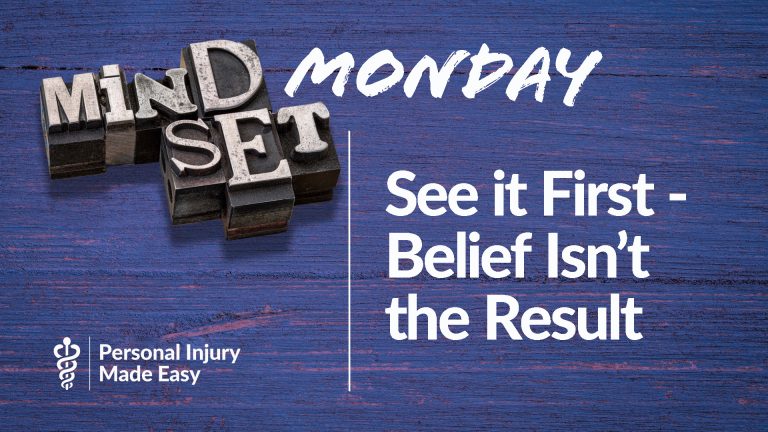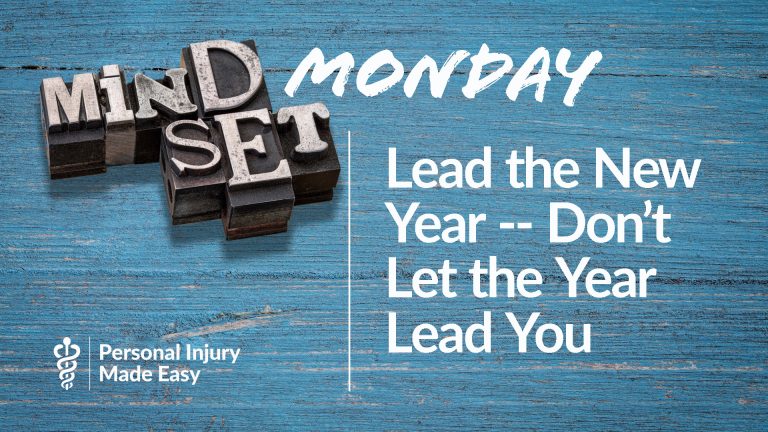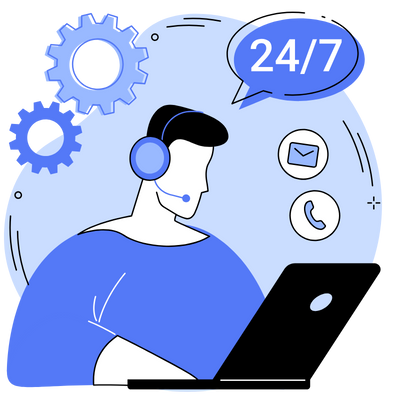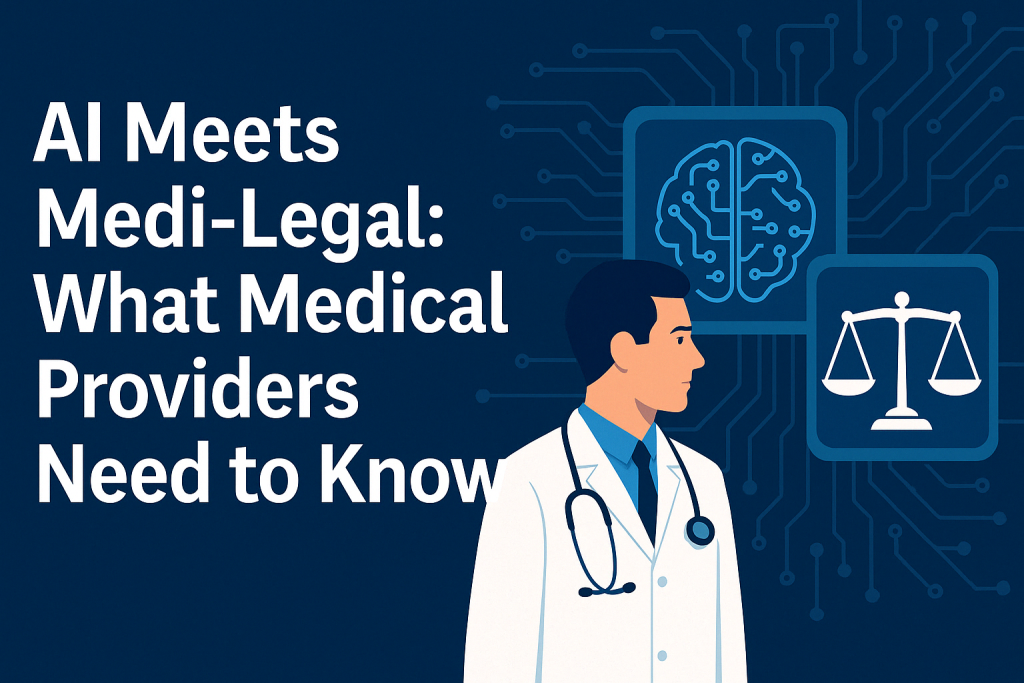
AI Meets Medi-Legal: Get the Advantage on Law Firms
Think like a chess player and plan ahead so you have the advantage
Artificial Intelligence is no longer a distant concept—it’s here, actively reshaping the world we work in. While many industries are adapting gradually, one sector facing rapid and profound transformation are both the legal and medical fields. And for medical providers—especially those in personal injury (PI)—this creates a unique window of opportunity.
The Legal Profession Is Ripe for Disruption
Let’s get one myth out of the way: the idea that AI won’t cause job loss is off the mark. It absolutely will. The real question is who gets displaced first—and law is at the front of the line. Why? Because a large portion of “lawyering” boils down to writing and research, two domains where AI excels. Legal briefs, memos, case law analysis—what once took teams of junior attorneys and countless hours, now takes minutes with an AI-powered tool. The research part is fraught with issues right now, but I expect those to be corrected sooner than later.
It’s a shift that will make lawyers and law firms far leaner and more efficient and more productive. It also means fewer entry-level opportunities for new attorneys and support staff. The need for large groups of attorneys and large support staffs has plagued the legal industry forever, also driving up the costs of legal help. That’s been slowly changing and is about to accelerate. Let me illustrate that with a personal experience I can share.
I remember the 1980s when I was devoted to dictation, which had me recording what I wanted to write out, sending the cassette tape to the word processing unit of secretaries, getting back error-filled drafts resulting in a seemingly unending back and forth. It was tedious, it was long, and it was frustrating, even to just get simple letters out.
Then came the computer, and for me everything changed. I was fortunately a very fast typist. With a computer, I still had to do research at the law firm or law school library, but I could type it out and easily edit, punching out paperwork with far greater speed and efficiency. I didn’t need the word processing unit anymore. Game changer.
Then came the internet, and for me, everything changed again. Instead of living in a law library to find the right case law support, I would use online resources at my desk now, researching and identifying applicable law in a fraction of the time, I still had to analyze, organize and put it all together, but it was another level of speed and efficiency that made me more productive. I didn’t need the visits and hassle of going to the law firm or law school library anymore. Game changer.
Now comes Artificial Intelligence (AI). AI can research. AI can organize my thoughts and create outlines or flow charts. AI can create initial drafts that I can merely prompt to redo, reorganize, readdress in whatever manner or tone I want: letters, contracts, articles, you name it. I merely have to review, confirm and edit in the end, yet now another far higher level of efficiency.
Vast majority of what my effort involved when I started in the 1980s is outdated. Now with AI, and the advances in technology I’m vastly more efficient in a far fewer resources needed. Game changer.
So, what does this all mean? A seismic shift in efficiency, effectiveness and productivity, greater than any of the prior shifts I outlined. The pace of progress is accelerating—what once took 50 years may now happen in just 10.
Here’s the larger issue. If AI has replaced my time spent, doing most of the research, most of the writing, and most of the review, what does that mean to law firms? What does it mean to personal injury and with medical providers I educate, coach and champion?
What This Means for Law Firms
The shift in the legal industry, as AI progresses, will lead to a single, experienced human attorney having an AI assistant that equates to an entire small firm – law libraries, analysts, attorneys, paralegals, law clerks and medical lien staff. Leaner and meaner law firms, hopefully allowing consumers – individuals and businesses – to spend less on attorneys.
In fact, many more minor tasks will be performed independently by individuals and businesses, powered by AI, so lawyers will have to specialize more in the gaps AI can’t (yet) fill.
I think another key impact will be how this challenges law students and those thinking about entering the legal field. The “training ground” of the legal profession is shrinking, and those in law school today may face a far more competitive—and technologically advanced—job market than ever before. Less “law firm” opportunities. Choosing the area of legal focus and how to win at the legal profession game will be more challenging.
For personal injury AI is largely additive on both the plaintiff and defense sides. Law firms are using AI to comb through thousands of pages of medical records, identify timelines, flag pre-existing conditions, and spot potential evidence—all without human error or burnout. This helps cases move faster and makes documentation easier and more crucial than ever.
What this Means for Medical Offices
A key area where medical providers should prepare for change—and seize advantage—is in lien and Letter of Protection (LOP) negotiations. Many law firms still use staff to handle this tedious, back-and-forth process. But AI is already entering this space, and soon, law offices may rely on AI “staffers” to negotiate on their behalf. It will be all by email or some Medi-legal protected chat box.
You thought you were at a disadvantage with law firms – those who fight for a living – before? Now, add their ability to react more quickly, tossing out arguments and counter arguments even faster. Your spinning heads may spin off! Unless …
How Medical Offices Can Get the Upper Hand
Earlier, I discussed the effect of technology—and now AI—on me personally. I left something out. I have a nationwide coaching program for medical offices to succeed in personal injury, focusing on processes, profits and growth. I also conduct negotiation trainings for doctors, office managers and their business office staff. I even have an outsourced service where I negotiate for medical offices with law firms nationwide.
Getting medical providers properly paid in PI is an area I have mastered, and I have become the best of the best in my little niche. Now, I know at some point AI can and will replace me as a coach and an advocate. Instead of walking away from it, I’m sprinting to it. Let me explain.
I realized that embracing AI can allow medical providers to get the upper hand over law firms and business success. How? That’s the exciting part: medical offices can adopt the same strategy ahead of law firms in the bill negotiation arena.
I am in the process of creating an AI medical bill negotiations and personal injury coaching tool. Why? Because I can far better accomplish my mission of nationwide change to help medical providers in personal injury.
Look, I’m one human. Yet with AI, I can become an army and bring my best of the best abilities to every medical office, of every medical specialty, everywhere, all at the same time. That tool as it evolves will educate, train and advocate for medical offices, even out-negotiating law firms (and later their own AI tools) to get the upper hand not just in personal injury but also business success overall. I’ve embraced AI at this next level and intend to lead from the front.
Final Thoughts
AI is transforming the legal landscape quickly and decisively. But for medical providers, this isn’t a threat—it’s a strategic opportunity. If you prepare now, adopt smart tools, and embrace what you can’t stop, you can get ahead of the curve—and ahead of the law firms too.
Welcome to the era of AI vs. AI: Law Office vs. Medical Office. The question is: whose AI will be better prepared? I believe it’s the Medical Office in my niche. Why, because I’m on their side and I intend to help lead the way forward.



